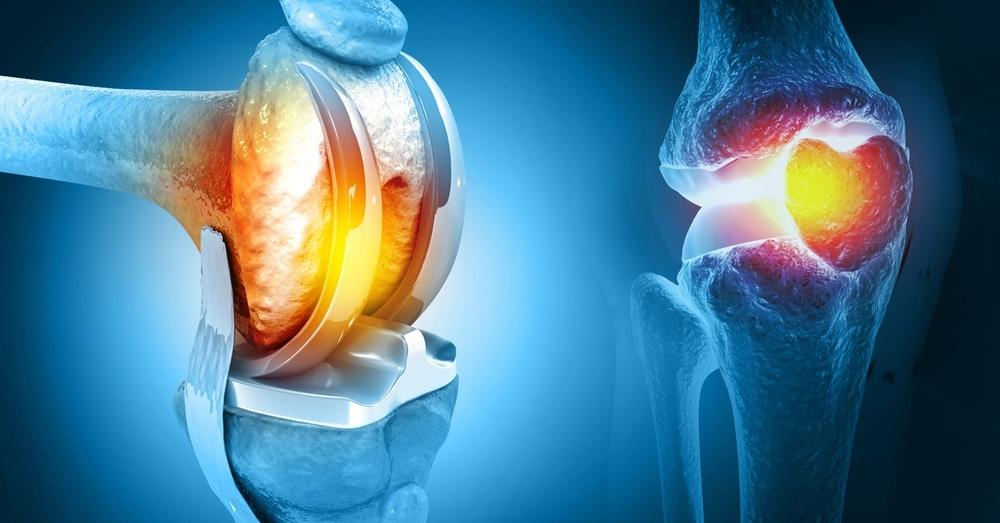Knee arthroplasty, commonly known as knee replacement surgery, is a remarkably successful orthopedic intervention designed to alleviate intense knee discomfort in individuals suffering from ailments such as osteoarthritis and rheumatoid arthritis. This procedure involves the substitution of a deteriorated knee joint with a synthetic prosthesis, ultimately reinstating mobility and elevating one’s overall quality of life.
Types of Knee Replacement Surgeries
Two main categories of knee replacement surgeries exist: total knee replacement and partial knee replacement.
Total knee replacement involves the complete replacement of the knee joint with artificial components. Cost of knee replacement surgery in India usually falls in the range of 3 to 4 lakh rupees. In partial knee replacement, only the affected section of the knee is replaced. Partial knee replacement cost in India typically ranges from 1.5 to 2 lakh rupees. It’s worth noting that total knee replacement procedures are more frequently conducted than partial knee replacements.
The Knee Joint Replacement Procedure:
The knee joint replacement procedure can be summarised as follows:
Above the knee joint, a surgical incision is created to provide entry to the affected area. The incision’s length can vary according to the specific procedure. With precision, the surgeon reveals the knee joint by carefully turning the kneecap, exposing the damaged regions. The affected portions of the femur and tibia, the thigh and lower leg bones, are excised and prepared to receive a synthetic implant. Specialized instruments and bone cement are employed for this task. The artificial knee joint, comprised of metal and plastic elements, is securely affixed to the femur and tibia to guarantee both stability and operational capability. To guarantee proper alignment, the kneecap might be smoothed and equipped with a plastic component. The surgeon assesses the knee’s functionality by bending and flexing it before concluding the procedure by closing the incision with stitches or staples.
Risks Associated with Knee Joint Replacement:
While knee joint replacement is generally a safe and successful procedure, it has some potential risks. Some of the potential complications include:
Possible complications of anesthesia encompass typical side effects such as headaches, queasiness, and drowsiness. In exceedingly uncommon instances, more serious issues such as a cardiac event may manifest. Individuals with preexisting health conditions should exercise added vigilance. Furthermore, there is a possibility of surgical site infections, but these can be minimized through appropriate sterilization procedures and diligent post-operative care. Surgery carries the risk of damaging blood vessels, which can lead to bleeding or blood clot formation; however, this risk can be lessened by employing compression devices and promoting early mobility. Post-surgery discomfort and swelling are frequent occurrences but can be effectively managed with pain relief medications. Although uncommon, there is a possibility that implants may not fit correctly, necessitating revision surgery.
Conclusion
Knee joint replacement is a transformative procedure that enhances the quality of life for those with severe knee pain and limited mobility. Understanding its purpose, procedure, and risks empowers informed decisions. Consult a healthcare professional for personalised guidance.







